|
actualised: 29.8.2005
|
The Future Workshop (FW) Method is
viewed here from different perspectives.
First, we consider definitions of what
makes a Future Workshop.
|
Besides the texts excerpted here, our links page contains numerous references to other Internet pages describing the nature of Workshops for Futures. 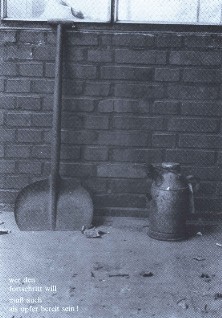 Even we have a considerable and hitherto hardly utilised potential in social fantasy.
Even we have a considerable and hitherto hardly utilised potential in social fantasy.
Unautorised translation by Stephan G. Geffers – therefor only for the use in scientific research. No guarentee can be given if the translation is exactly what the author originally desired. The original source in German is the book written by Robert Jungk: "Projekt Ermutigung – Streitschrift wider die Resignation" ("Mission encouragement – argueing paper against dejectedness / resignation") Berlin (published by Rotbuch-Verlag company) 1988 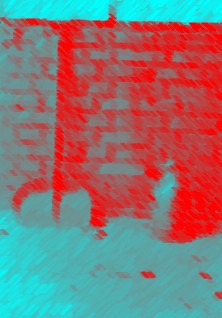 Future Workshops originated in the 1960s, when it became clear that
knowledge of the possibilities of the future meant power. Consequently industry,
government, political parties and the military had experts plan out a future as the former
saw fit. Tomorrow was carved up in advance by these special interest groups.
Future Workshops originated in the 1960s, when it became clear that
knowledge of the possibilities of the future meant power. Consequently industry,
government, political parties and the military had experts plan out a future as the former
saw fit. Tomorrow was carved up in advance by these special interest groups.
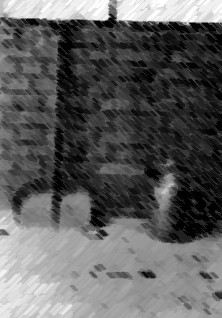 A Future Workshop does indeed "work" on the future, but in a
metaphorical sense, more verbally, with ideas, than with hands. [...]
The essential point is for people to deal with their yearnings within a group
and by freely developing their desires and hopes keyed to the future.
The aim of working in Future Workshops
A Future Workshop does indeed "work" on the future, but in a
metaphorical sense, more verbally, with ideas, than with hands. [...]
The essential point is for people to deal with their yearnings within a group
and by freely developing their desires and hopes keyed to the future.
The aim of working in Future Workshops
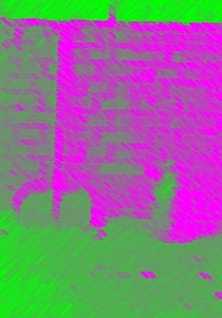 On understanding one's role as a Future Workshop Moderator:
The Moderator's role is based on the aim of the Future Workshop to aid
participants in developing and realising their desires and utopias.
On understanding one's role as a Future Workshop Moderator:
The Moderator's role is based on the aim of the Future Workshop to aid
participants in developing and realising their desires and utopias.
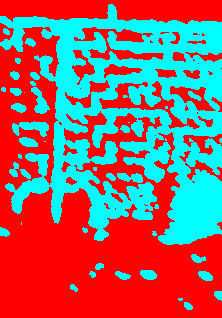 Future Workshops generate processes for working together
– thematically coherent
– open in content
– interdisciplinary
– goal-oriented
– problem-solving.
Future Workshops generate processes for working together
– thematically coherent
– open in content
– interdisciplinary
– goal-oriented
– problem-solving.
Impacts of Future Workshops: programmes and projects are reviewed 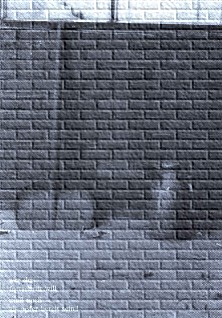 The methodological concept of Future Workshop in key words:
The methodological concept of Future Workshop in key words:– Characteristics Besides the texts excerpted here, our links page contains numerous references to other Internet pages describing the nature of Future Workshops. [Welcome] - Website for networking between moderators and facilitators of Future Workshops [Insight] - The Annual Meeting of Future Workshops More pages in English language are intended on this site, but not realised so far. Please give uns some more time, and send an e-mail to participate in building up the website. Write to members of the team who publish this site. Mr Theodore Talbot from Saarbrücken (D), who gave us the basic of professional translation from German to English as a present. |